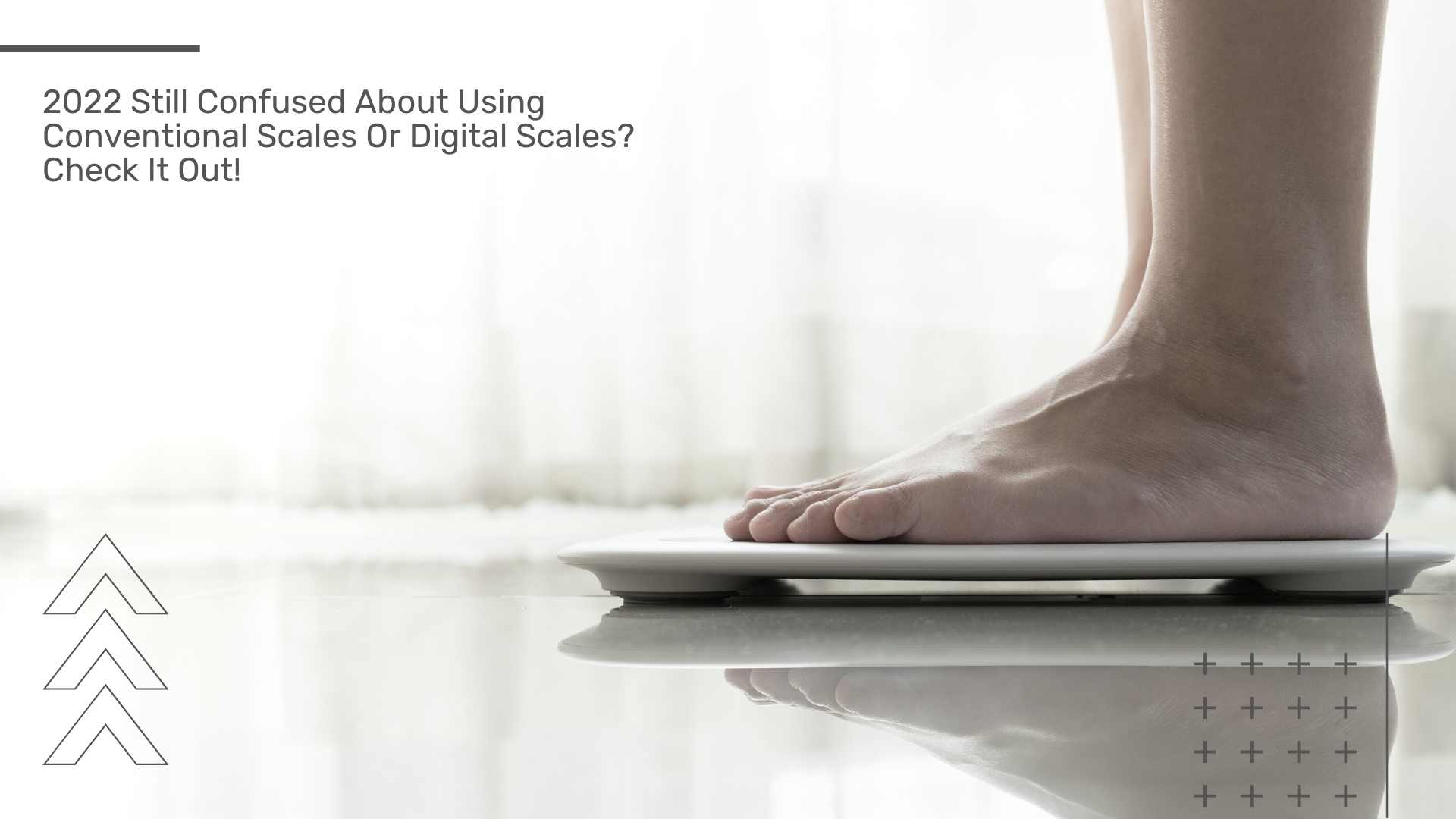Scales are tools for measuring objects that have weight. Scales have an important role in the world of commerce and health. Based on the type, scales are divided into 2 (two), namely conventional scales and digital scales.
However, do you know the difference between the two scales? In this article, we will discuss in more depth about conventional scales and digital scales. Let’s discuss it!
Conventional Scales
Conventional scales are scales that were first present before digital scales appeared. The working system of this conventional scale is divided into two, namely using springs and using human intermediaries for their measurements. Until now, conventional scales are still widely used around us, such as posyandu, trading, etc.
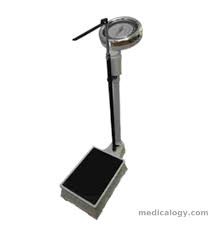
Digital Scales
Digital scales are a modern form of conventional scales. Digital scales work electronically using sensors and ICs to make weighing easier. The working system of the digital scale is that when the load is above the scale, the weight sensor will forward the weight value to the IC for processing and display on the LCD Display on the scale. The functions and existence of digital scales are many around us, such as weight scales, food scales, etc.
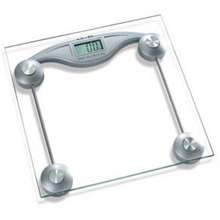
Conventional Scales VS Digital Scales
Conventional scales have a sturdier structure because they are made of metal. The material of the metal makes the size of conventional scales heavy and large, so it is not easy to move around or store.
However, with the material structure of the metal, making conventional scales is believed to be more durable. In addition, using conventional scales requires more precision to read the measurement results. Because, conventional scales have a measuring line, each length has its meaning. Also, before weighing, it must be ensured that the weighing needle is at zero, to get a more accurate weighing result.
In contrast to digital scales. Digital scales are made of plastic or glass. This kind of material structure makes the shape and weight of digital scales more practical. The purpose of the existence of digital scales is to make it easier for users to weigh. Thus, an LCD Display on the digital scale makes it easier for users to find the results of weighing.
The presence of sensors on the scales makes the weighing results on digital scales more accurate than on conventional scales. Unlike conventional scales that do not require batteries, digital scales are principled to work electronically, so they require batteries that must be replaced periodically so that the digital scales can continue to work.
2022, It’s Time to Go Digital!
2022 is the year when all tools are directed to go digital, including scales. Scales are a small example of digitization that makes life easier for users. With digital scales, users will have no problem reading the weighing results. In addition, digital scales also have a higher level of accuracy than conventional scales. The minimalist and lightweight size make digital scales suitable for use and easy to store.
Most Accurate Digital Scales
Currently, many companies are competing in research to improve the accuracy of digital scales, as well as PT Solo Abadi Indonesia. Digital weight scales equipped with sensors, ICs, and LCD Displays make weight measurement results have high accuracy, are easy, efficient, and effective. With a simple and lightweight design, making this scale is easy to use and store. Digital weight scales from SOLO ABADI have passed SNI and the Indonesian Ministry of Health, and have been sent to various regions in Indonesia. Here are the details of our digital weight scale products.


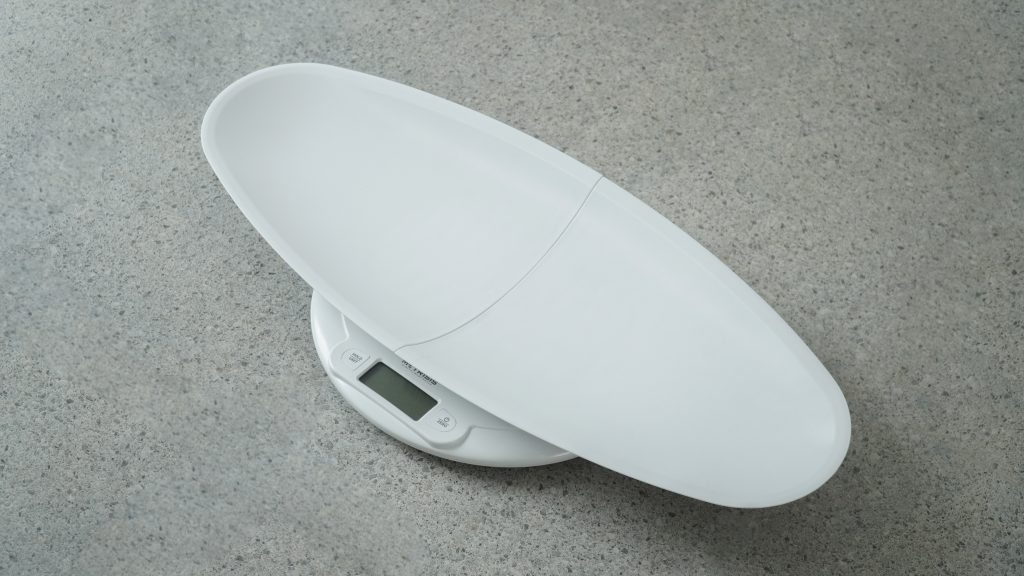
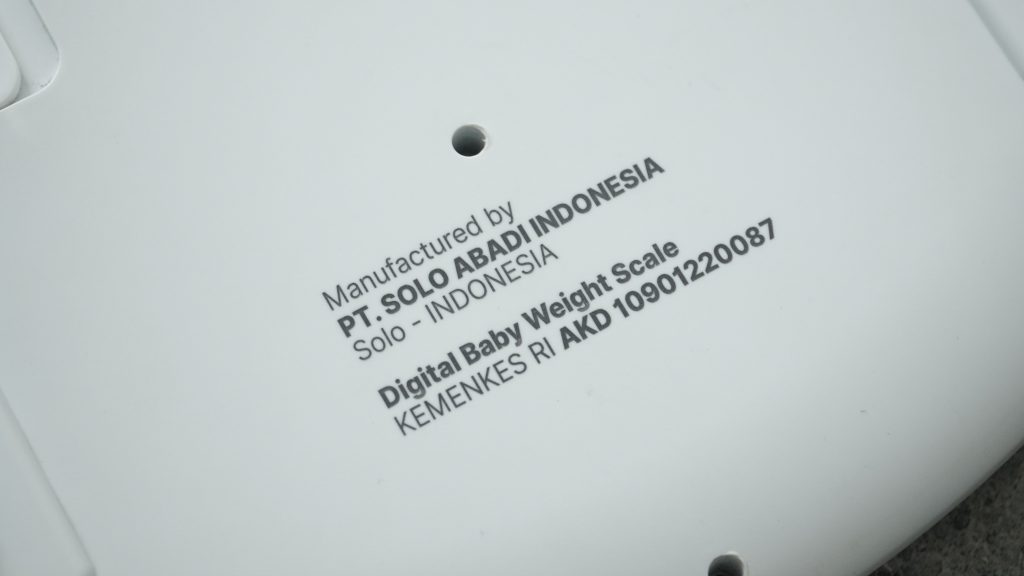
Also Read: Stunting Since Infancy, Can It Be Overcome As An Adult?
Contact Us To Get Digital Scales Products
Get digital scales from Solo Abadi by filling in the available ask-for price. You can also connect directly via our WhatsApp, as we are ready to contact you immediately.

